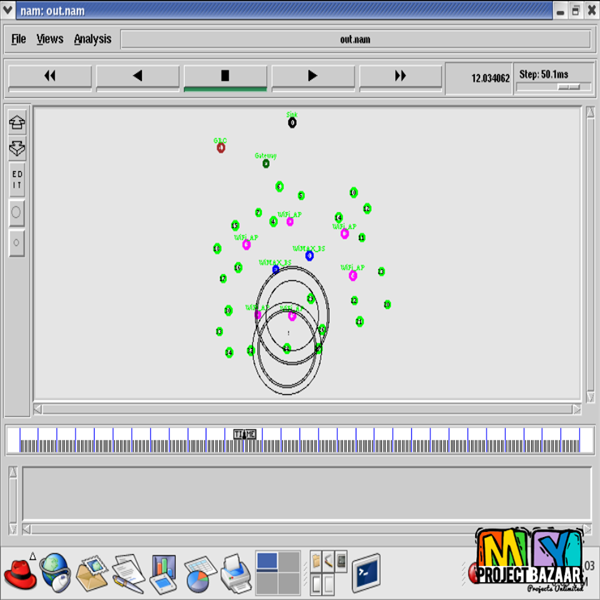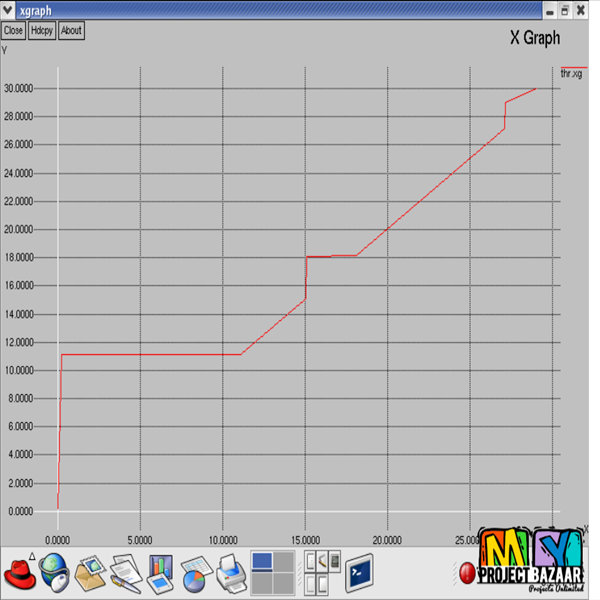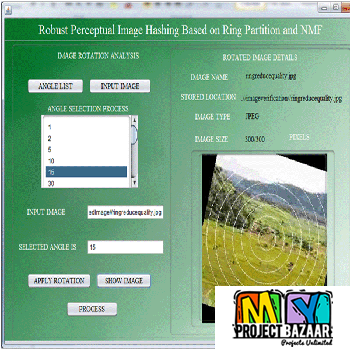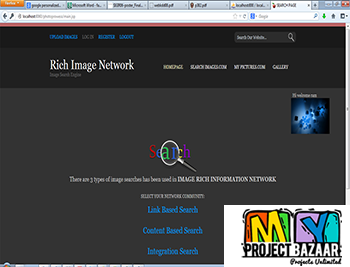
Assessing Performance Gains Through Global Resource Control of Heterogeneous Wireless Networks
Product Description
Assessing Performance Gains Through Global Resource Control of Heterogeneous Wireless Networks
Abstract— The resource allocation and management issues related to heterogeneous wireless systems made up of several radio access technologies (RATs) that collectively provide a unified wireless network to a diverse set of users through co-ordination managed by a centralized global resource controller (GRC). We assume that the user devices are multimodal, which makes it possible for each device to use any available access point (AP)/base station (BS) of a RAT at any given time. Through detailed protocol level simulations performed in ns-2, we show an increase in spectral efficiency of up to 99 percent and an increase in short-term fairness of up to 28.5 percent for two greedy sort-based user device-to-AP/BS association algorithms implemented at the GRC compared to a distributed solution used in practice today where each user makes his/her own association decision. While the increase in overhead due to re-associations for a centralized solution grows only slightly (by up to 4.1 percent) compared to a distributed solution, we find the performance increase in spectral efficiency and short-term fairness attributes come at the cost of an order of magnitude increase (of up to 794 percent) in energy consumption. < final year projects >
Including Packages
Our Specialization
Support Service
Statistical Report

satisfied customers
3,589
Freelance projects
983
sales on Site
11,021
developers
175+Additional Information
| Domains | |
|---|---|
| Programming Language |















